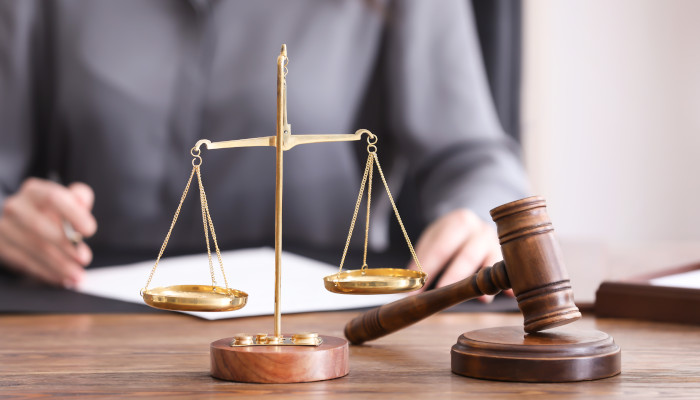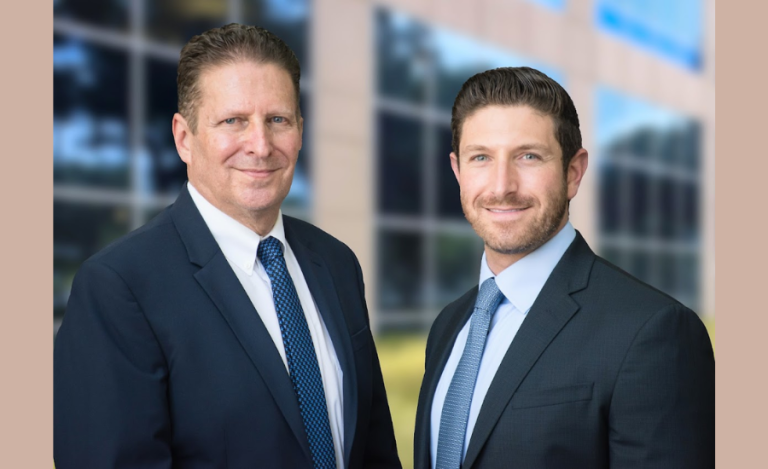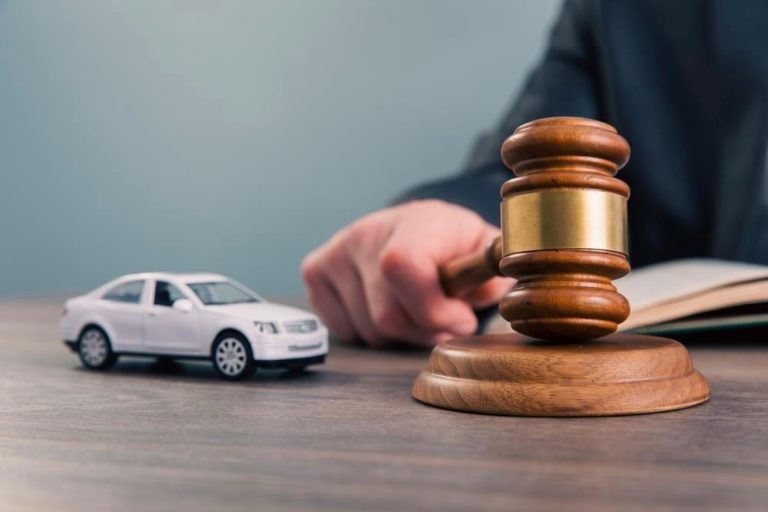What Happens in Probate Court?
Losing a loved one brings profound grief. Yet amidst the challenges of mourning, important legal processes demand attention. Probate court oversees estates after someone dies. Navigating unfamiliar terminology and court procedures while grieving feels overwhelming for newly bereaved people. We explain common probate questions to clarify what happens in probate court.
What is Probate Court?
Probate court handles estates for people who died (decedents). Judges preside over proceedings. Attorneys file the required paperwork and represent the parties involved. The court authenticates the decedent’s will or oversees intestate succession.
Intestate means dying without a will. Clerks maintain records and assist with filing. Staff schedule hearings and manage calendars. Probate concludes when assets are distributed to heirs and creditors receive final payments.
The probate process has two main types: formal and informal. Formal probate involves more court oversight, including required notices and hearings. The extra steps aim to protect heirs from fraud or estate mismanagement. Informal probate applies when decedents leave undisputed wills, and beneficiaries agree about asset distribution. Less court participation speeds up closing estates.
Probate Court Process Step-By-Step
Probate involves several legal processes, culminating in closing estates. Our Miami probate lawyers break court proceedings into clear sequences for clients. Knowing what happens and when reduces anxieties about navigating the courts after losing loved ones.
Opening Probate
The first step after someone dies having solely owned property is opening probate. Usually, family members or named executors file initial petitions in the county where the decedent lived. Required documents include:
- Certified death certificate
- Original will if one exists
- Decedent’s property inventory
- List of known estate debts
Clerks assign case numbers and record filed paperwork. Filing fees depend on estate sizes. Opening probate limits inheritors’ legal rights to handle a decedent’s property until probate concludes.
Validating Wills
Courts next validate wills following statutes governing formats and executions formalities. Florida requires two uninterested witness signatures. Attorneys help defend wills if opponents challenge testators’ mental capacities when signing. Disputes require hearings before judges issue rulings on questions of admissibility.
Appointing Personal Representatives
Florida probate courts name estate executors or personal representatives to manage proceedings. Judges typically appoint people named as will executors if documents are ruled valid. Or courts select family members according to intestate succession laws. Appointed personal representatives file oaths with courts promising to faithfully execute duties. Estate administrators cannot access assets until after being court-appointed.
Inventory Assets
Identifying the decedent’s probate property thoroughly is an urgent responsibility after the appointment. Personal representatives categorize real estate, financial accounts, vehicles, businesses, personal belongings, and insurance policies that comprise estates. Accurate inventories inform overall management strategies. Values determine anticipated creditor payments and heir distributions when settling estates.
Pay Creditors
Courts set deadlines for creditors filing monetary claims against estates. Medical expenses, credit cards, utility bills, and mortgages often qualify for payments from estate assets. If enough money exists, personal representatives arrange discharging debts according to state laws. Insolvent estates follow different creditor priority guidelines set by statutes.
File Taxes
Estate taxes add complexity for larger inheritance cases. State and federal authorities levy taxes against properties exceeding threshold exemptions. Personal representatives must file appropriate tax forms before finalizing probate.
Distribute Assets
Personal representatives determine inheritors according to wills or intestacy tables after paying expenses. Property transfers require filing new deeds, vehicle titles or account beneficiary forms. Hard-to-divide assets sometimes necessitate court-approved sales, removing items from estates with cash distributions instead. Personal representatives prepare final accountings detailing estate distributions for court approvals, officially closing probate.
Closing the Estate
The personal representative is required to submit a final accounting to the probate court, outlining all transactions and distributions made during the probate process, following the distribution of all assets. The estate may be formally closed once the accounting has been approved by the court.
Factors That Can Affect the Probate Timeline
The duration of the probate process can vary significantly depending on several factors, including:
- The presence of a valid will: If there is a valid will, the probate process may be more straightforward and efficient.
- The size and complexity of the estate: Larger estates with multiple assets, investments, or business interests may take longer to administer.
- Challenges or disputes over the will: If the validity of the will is contested or if there are disputes among beneficiaries, the process can become more complex and time-consuming.
- The court’s workload: Some probate courts may have a heavier caseload, leading to longer processing times.
In general, a straightforward probate case can take several months to a year or more, while complex cases involving disputes or litigation can extend the timeline even further.
Your Trusted Partner in Navigating Probate
The loss of a loved one is an emotionally trying time, and the complexities of the probate process can feel overwhelming. At Elder Needs Law, we understand the challenges you’re facing, and we’re here to be your trusted partner every step of the way.
Don’t go through this challenging process alone. Contact Elder Needs Law today by calling (305) 931-0478 or visiting https://www.elderneedslaw.com/ to schedule a consultation with one of our experienced probate attorneys. We’ll be by your side every step of the way, providing the guidance, support, and peace of mind you deserve during this difficult time.
Elder Needs Law is capable of handling your loved one’s legacy. Contact us today to take the first step toward a seamless probate experience.
Keep an eye for more latest news & updates on Discover Tribune!






